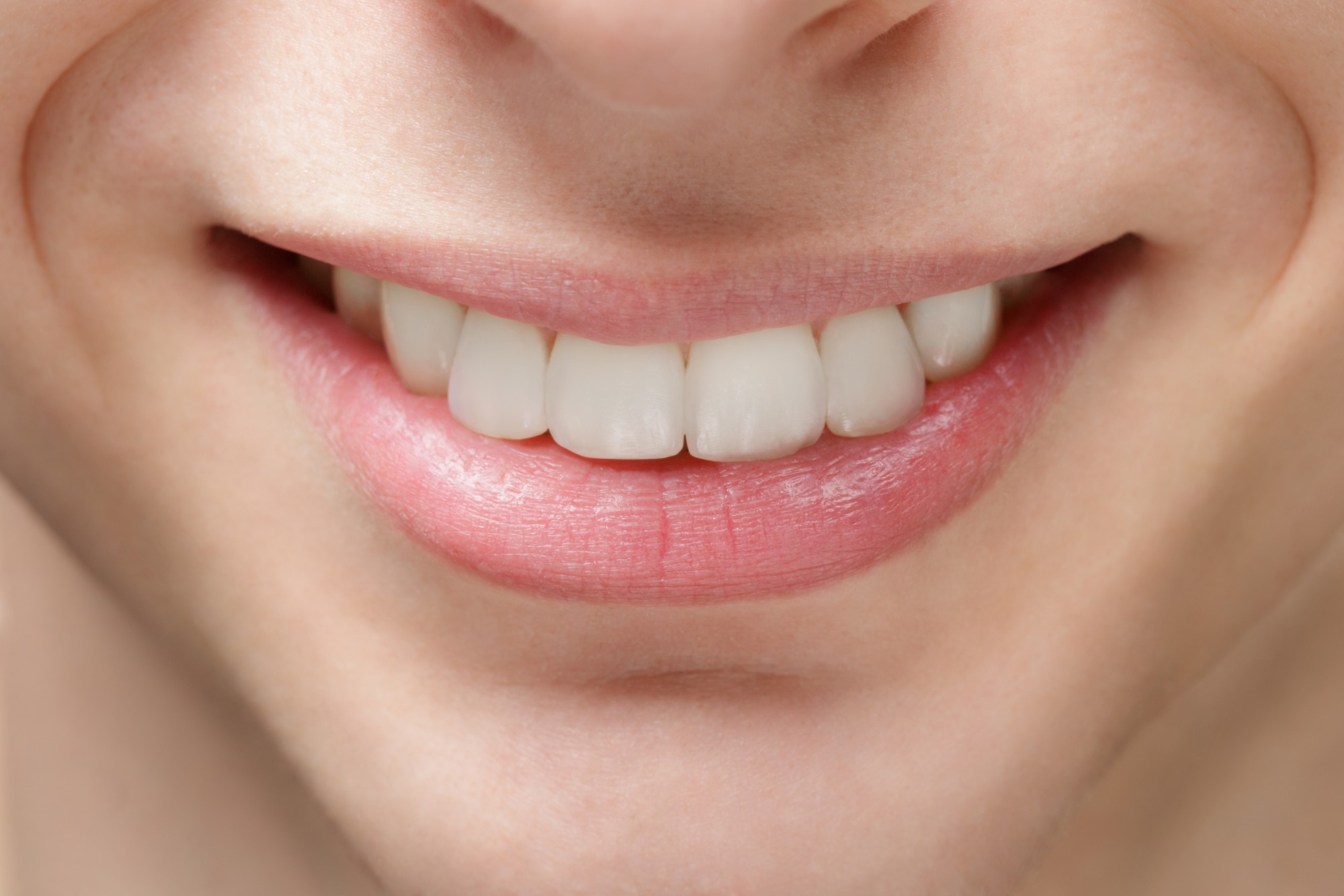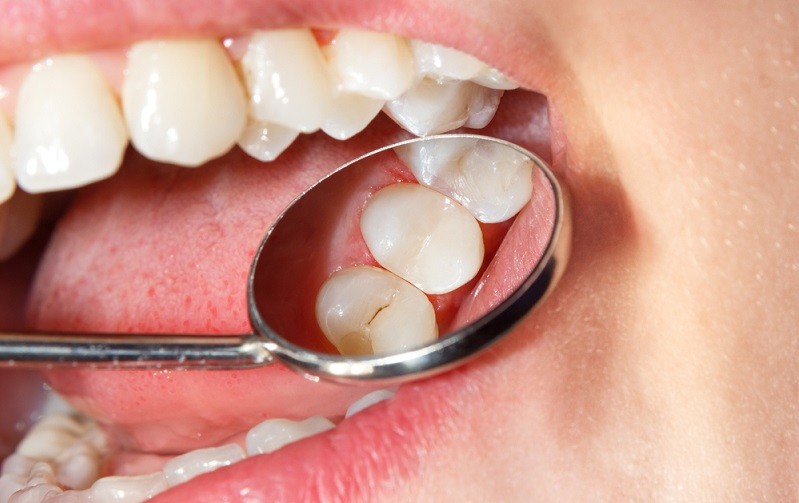Teeth whitening has become one of the most popular cosmetic dental treatments in recent years. A bright, white smile is often associated with youth, health, and attractiveness, which is why many people seek out whitening treatments to improve the appearance of their teeth. However, while teeth whitening can deliver quick and noticeable results, it is important to understand the potential benefits and risks before undergoing treatment. In this article, we will explore the pros, cons, and alternatives to teeth whitening.
1. Pros of Teeth Whitening
There are several advantages to whitening your teeth, especially if you are looking to enhance your smile. Here are some of the main benefits:
• **Improved Appearance**: One of the most obvious benefits of teeth whitening is the improvement in appearance. A whiter smile can boost your confidence and self-esteem, especially if your teeth have become discolored over time due to food, drinks, or lifestyle habits like smoking.
• **Quick Results**: Professional teeth whitening treatments often deliver results in just one or two sessions. Compared to other cosmetic dental procedures, whitening is relatively quick and offers an immediate enhancement to your smile.
• **Non-Invasive**: Unlike other cosmetic dental treatments, such as veneers or crowns, teeth whitening is a non-invasive procedure that does not require alterations to the tooth structure. This makes it a less invasive option for those seeking to improve the appearance of their teeth.
2. Cons of Teeth Whitening
While there are clear advantages to teeth whitening, there are also some potential downsides to consider:
• **Tooth Sensitivity**: One of the most common side effects of teeth whitening is increased tooth sensitivity. Whitening agents can temporarily weaken tooth enamel, which can make your teeth more sensitive to hot, cold, or sweet foods and beverages. For people with pre-existing sensitivity, this side effect can be particularly uncomfortable.
• **Temporary Results**: Teeth whitening is not a permanent solution. Over time, teeth can become stained again, especially if you regularly consume staining substances like coffee, tea, red wine, or tobacco. Maintaining the results of whitening often requires touch-up treatments or the avoidance of certain foods and drinks.
• **Not Suitable for All Types of Discoloration**: Teeth whitening is most effective on surface stains caused by food, drinks, or smoking. However, it may not be as effective on deeper discoloration caused by certain medications, trauma, or genetic factors. In these cases, alternative treatments may be necessary.
3. Alternatives to Teeth Whitening
If teeth whitening is not the right option for you, there are several alternatives to consider. Depending on the cause of your tooth discoloration and your personal preferences, one of these treatments may be more suitable:
• **Dental Veneers**: Veneers are thin shells of porcelain or composite resin that are bonded to the front surface of the teeth. They can be used to cover up stains or discoloration that whitening cannot address. Veneers also provide a long-lasting solution to cosmetic concerns, as they do not stain easily and can last for many years.
• **Dental Bonding**: Bonding is a cosmetic procedure in which a tooth-colored resin is applied to the teeth to cover stains, chips, or other imperfections. Bonding is less expensive than veneers, but it may not last as long and can be prone to staining over time.
• **Over-the-Counter Whitening Products**: For those who prefer a more affordable or convenient option, over-the-counter whitening products are available, including whitening strips, gels, and toothpaste. While these products are less potent than professional treatments, they can still provide noticeable results for surface stains.
• **Whitening Toothpaste**: Whitening toothpaste contains mild abrasives that help remove surface stains. Although this method will not whiten teeth as dramatically as professional treatments, it is a simple and cost-effective way to maintain a brighter smile over time.
4. Choosing the Right Option for You
When deciding on the best method to whiten your teeth, it is important to consider factors such as the cause of your tooth discoloration, your budget, and your personal preferences. For example, if your teeth have deep, intrinsic stains, veneers may be a better solution than whitening. On the other hand, if you are looking for a quick and affordable way to brighten your smile, over-the-counter whitening products may be sufficient.
It is also crucial to consult with your Orthodontist in chicago before starting any whitening treatment. Your dentist can assess the health of your teeth and gums, recommend the most suitable treatment option, and provide professional advice on how to maintain your results.
Conclusion
Teeth whitening can be a highly effective way to improve the appearance of your smile, but it is not without its drawbacks. Before undergoing whitening treatment, it is essential to weigh the pros and cons and consider alternative options that may better suit your needs. By consulting with your dentist and choosing the right treatment for your situation, you can achieve a brighter, more confident smile while minimizing potential risks.




